Seasonal Maintenance Tips for Your Fans

As the seasons change, so do our cooling needs. Fans, our trusty companions in the fight against the heat, often get tucked away during the cooler months. But before you pack them up for winter, or before they crank up for summer, a little TLC can go a long way in ensuring their smooth operation and longevity. Here are some seasonal maintenance tips for your favorite table fan, wall fans, exhaust fans, and ventilator fans, keeping them ready to tackle any temperature shift.
Spring Cleaning for Summer Breeze:
With warmer weather approaching, it's time to wake your fans from their winter slumber. Here's what you can do to prepare them for summer duty:
- Dust Busters: Dust buildup on fan blades and grilles can significantly reduce airflow and increase energy consumption. Use a soft cloth or a vacuum cleaner with a brush attachment to gently remove dust from all surfaces, including the motor housing (with the power off, of course!).
- Blade Balancing Check: Over time, fan blades can become slightly unbalanced, causing the fan to wobble and vibrate. This is not only annoying, but it can also put extra strain on the motor. Turn on your fan and observe its operation. If you notice any wobbling, consult your fan's manual for instructions on how to re-balance the blades (some Byzero models might have self-balancing features).
- Lubrication (if applicable): Some fan models, especially older ones, may require occasional lubrication of the motor bearings. Refer to your fan's manual for specific instructions on lubrication type and frequency. We offer a variety of fans designed with self-lubricating bearings, minimizing maintenance needs.
Summertime Fan Care:
Once summer arrives and your fans are on high rotation, here are some simple tips to keep them running smoothly:
- Filter Replacement (if applicable): Some exhaust fans and ventilator fans have filters that trap dust and debris. Regularly check and replace these filters according to the manufacturer's instructions. We offer a variety of replacement filters for its fans, ensuring optimal performance.
- Cleaning Frequency: Depending on your environment and usage, you might need to clean your fans more frequently during the summer months. A quick dusting every few weeks will keep them operating efficiently.
- Mind Your Placement: For optimal airflow, ensure your fans are positioned away from walls and furniture.
Fall Farewell: Preparing for Winter Storage:
As the days grow shorter and cooler, it's time to think about storing your fans for the winter. Here's how to ensure they're ready for their hibernation:
- Final Cleaning: Give your fans a thorough cleaning before storing them. This will prevent dust buildup and potential mold growth during the winter months.
- Cover Up: Cover your fans with a dust cloth or bag to protect them from dust and debris while they're in storage.
- Store Upright (if possible): If possible, store your fans upright to prevent any warping of the blades.
Beyond Seasonal Maintenance:
These seasonal tips are a great starting point, but for optimal fan performance throughout the year, consider these additional practices:
- Consult Your Manual: Each fan model might have specific maintenance requirements. Always refer to your user manual for detailed instructions on cleaning, lubrication (if applicable), and troubleshooting.
- Listen for Unusual Sounds: If your fan starts making any unusual noises, like grinding or squeaking, it might be a sign of a problem. Consult your manual or a qualified service technician for assistance.
Byzero: Your Partner in Fan Care
We offer a wide variety of high speed table fan, wall fans, exhaust fans, and ventilator fans, all designed for easy maintenance and long-lasting performance. Many of our models feature self-lubricating bearings and easy-to-clean designs, minimizing maintenance needs. Remember, with a little seasonal TLC, you can ensure your fans are ready to keep you cool and comfortable year after year.
For a comprehensive guide on choosing the best ceiling fan and other essential fan types, check out Hindustan Times' Ceiling Fan Buying Guide. So, keep your fans happy, and they'll keep you cool!
Frequently Asked Questions (FAQs) :
-
Why is it important to clean my fans before using them for the summer?
Cleaning your fans before summer ensures optimal performance. Dust buildup on blades and grilles can reduce airflow and make the fan work harder, increasing energy consumption. A thorough cleaning will help your fans operate efficiently and improve the quality of the air circulating in your home.
-
How can I balance my fan blades if they start wobbling?
If you notice your fan blades wobbling, it may need balancing. Check your fan’s manual for specific instructions on how to re-balance the blades. Some modern fans, like certain Byzero models, have self-balancing features that can automatically correct this issue.
-
What should I do if my fan has a filter that needs replacing?
If your fan has a filter, such as in exhaust or ventilator fans, check and replace it regularly. Follow the manufacturer’s instructions for filter replacement to ensure your fan continues to perform effectively. We offer a range of replacement filters for our fans to help maintain optimal performance.
-
How should I prepare my fans for winter storage?
To prepare your fans for winter storage:
- Clean them thoroughly to prevent dust buildup and potential mold growth.
- Cover them with a dust cloth or bag to protect from dust and debris.
- Store them upright, if possible, to prevent warping of the blades.
-
How often should I clean my fans during the summer?
The frequency of cleaning depends on your environment and usage. Generally, a quick dusting every few weeks during the summer will keep your fans operating efficiently. If you use your fans extensively, more frequent cleaning might be necessary.
-
What are some signs that my fan may need professional maintenance?
Listen for unusual sounds like grinding or squeaking, which may indicate a problem. If your fan starts making these noises or exhibits other issues, consult your fan’s manual or contact a qualified service technician for assistance.

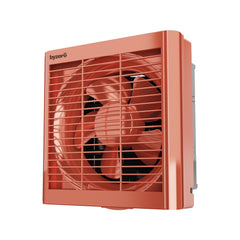
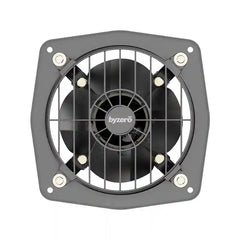
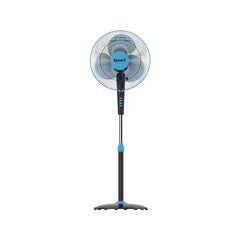
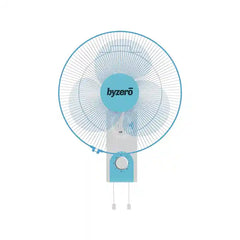
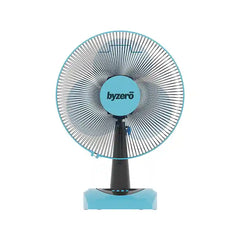
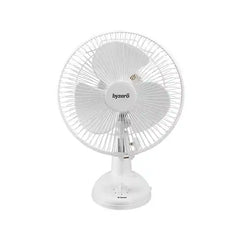




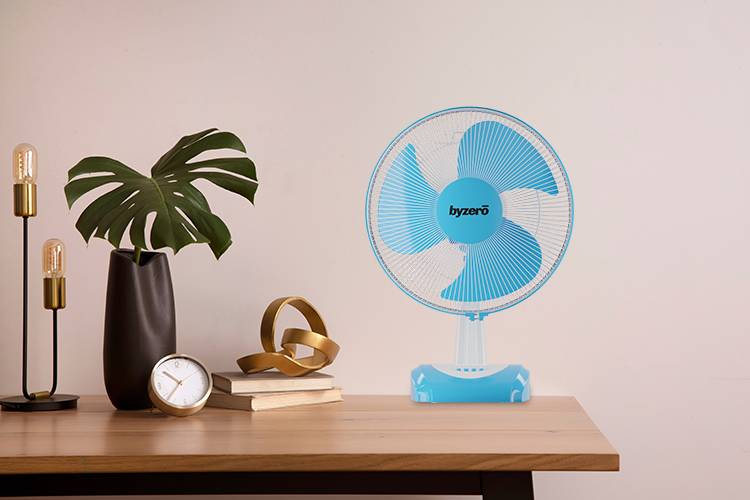

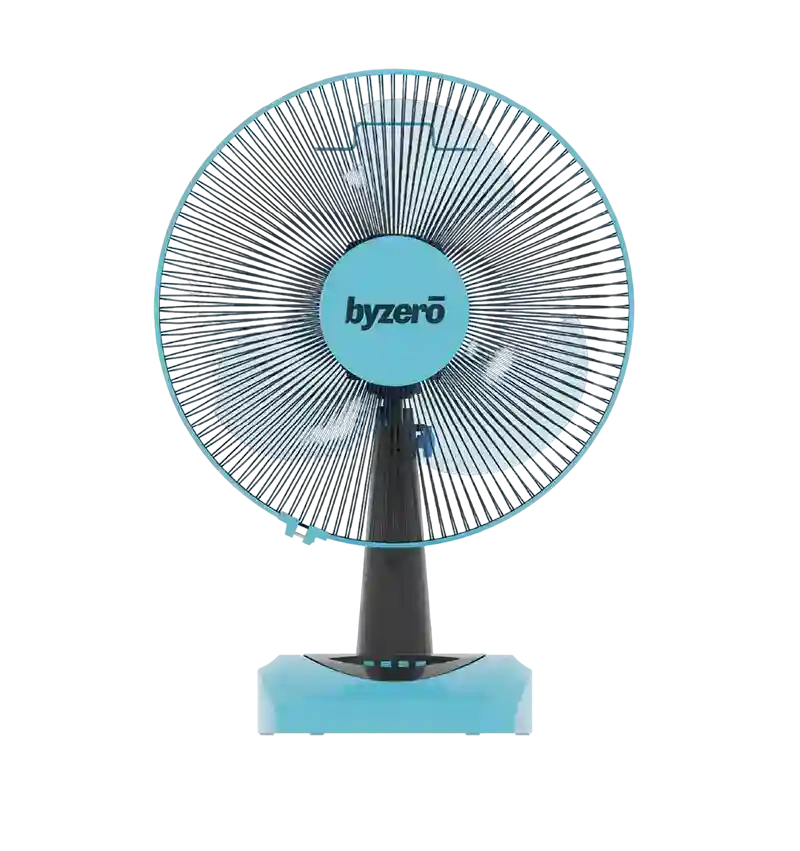
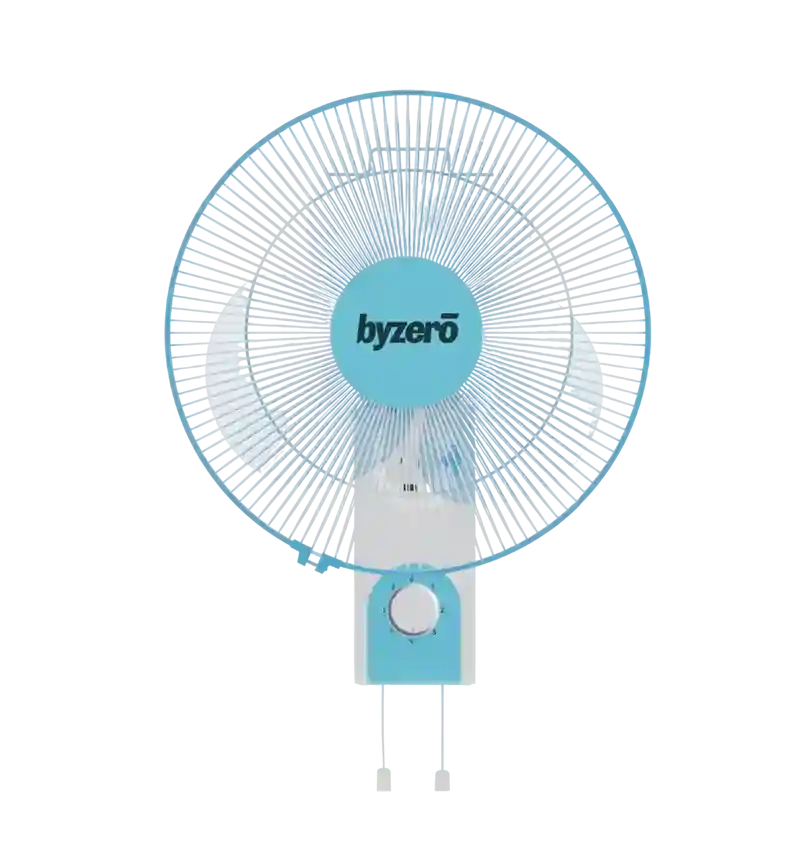

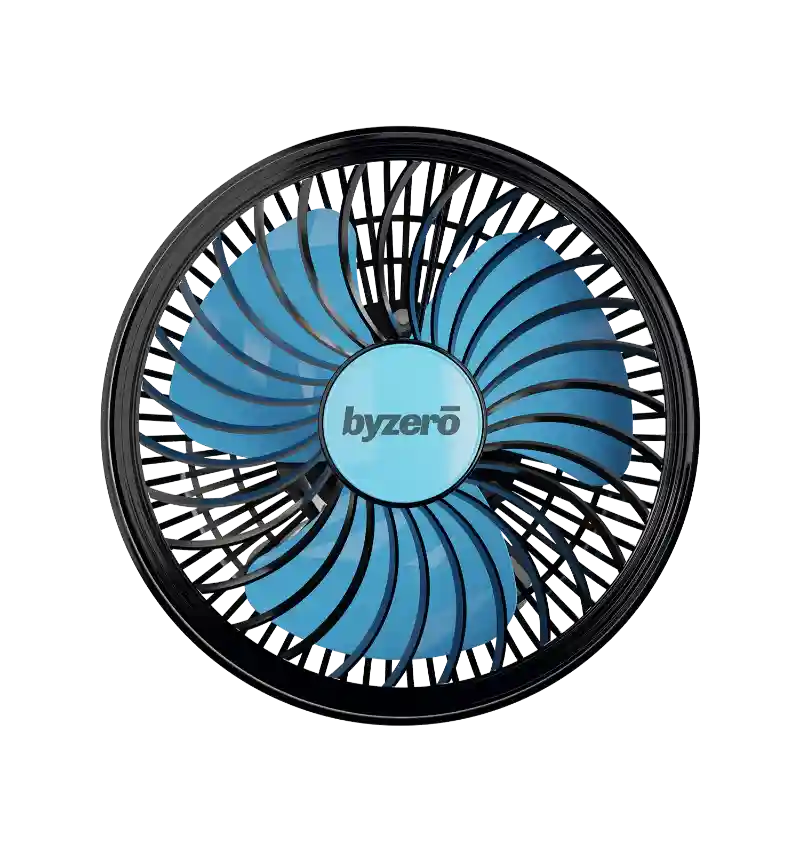
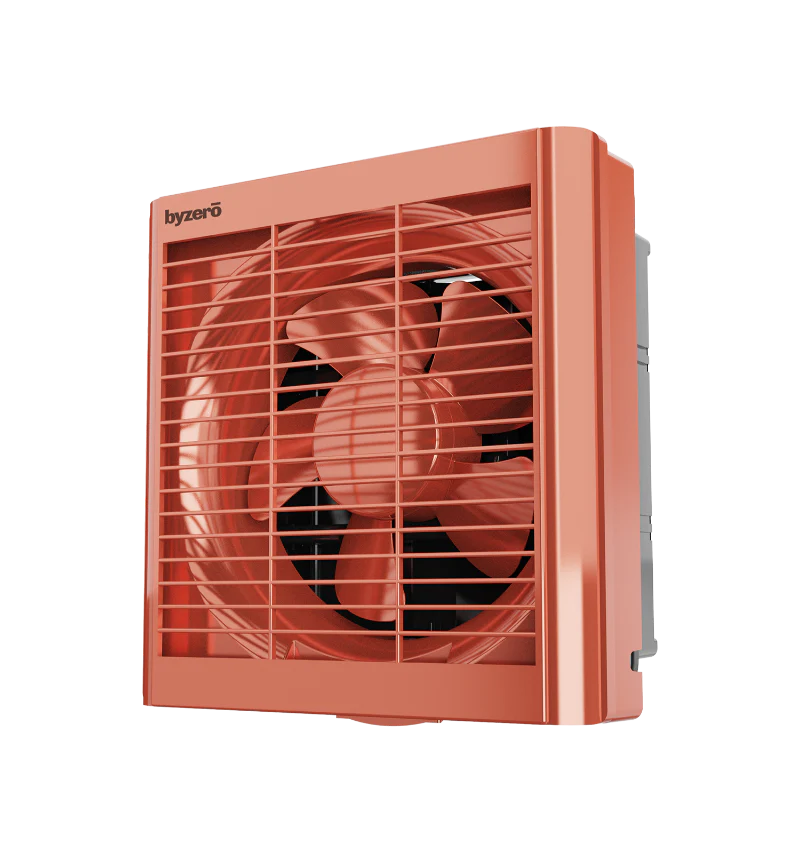



Leave a comment